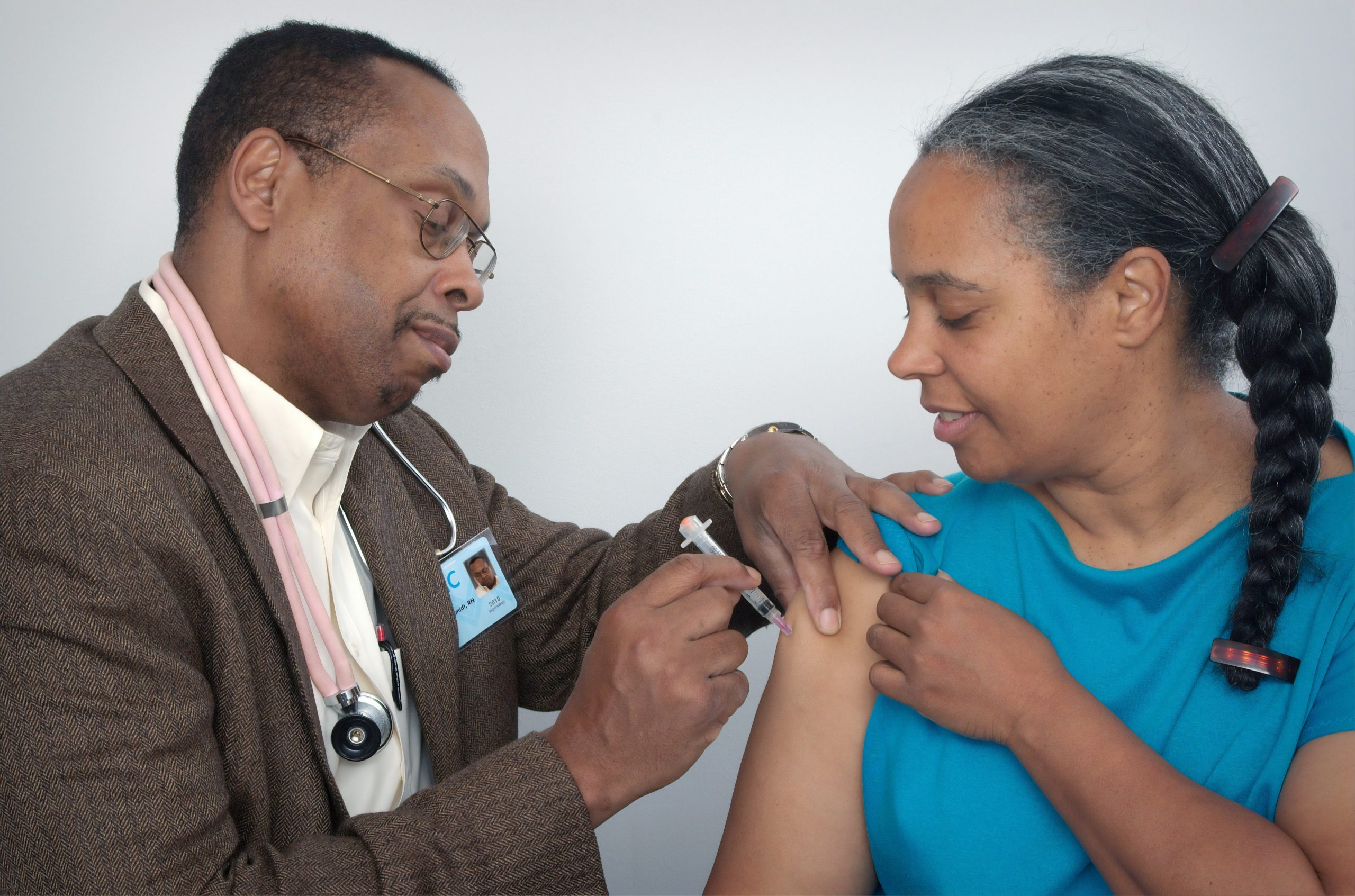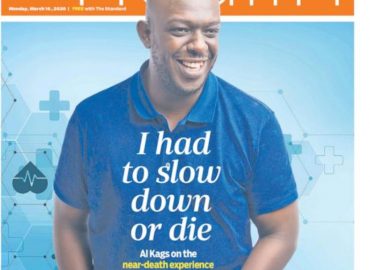Dr. Dennis Nturibi
Today I met a 45-year-old lady who I really empathized with. Back in 2017, she was diagnosed to have hypertension (high blood pressure) requiring treatment. At the time her cholesterol level was normal. Her annual medical check up in 2018 also had a normal cholesterol. Today she is seated with me because her routine 2019 tests have picked up the “likelihood” of diabetes. To add insult to injury, she now has elevated cholesterol. The doctor (I am also a doctor but dealing in something different; details below) is now recommending medication for cholesterol and possibly for diabetes. She was visibly broken, and asked me a simple but profound question, “Doc, I am the one at home pushing my teenage daughters and my husband to be ‘healthy’, yet here I am, the only one in my house with these diseases. I have been faithfully coming for treatment for the last 3 years, surely, what more can I do?”.
This young lady represents a growing majority of our people. As if out of some mystical dark pit, lifestyle diseases are creeping into more and more of our lives, and no one seems to understand why.
As is common, our clients imagine that the medical enterprise has solutions for this challenge. The reality is very different. We spend more and more money on “treatment”, without understanding that it is merely management. We work hard to earn money to afford private insurance and hospitals, or worst case, the National Health Insurance Fund (NHIF), not realizing that the costs of managing these conditions cannot be adequately met by any insurance cover. Then there is the actual burden of disease.
My name is Dr. Dennis Nturibi, and I have an undying passion for Lifestyle Medicine. This is the evidence-based practice of health promotion and disease prevention through structured lifestyle intervention approaches.
When I started my work 11 years ago, I imagined that I would be working with healthy people, who wanted to stay healthy. The reality has been shockingly different. I have frequently been called upon to see terminal patients hoping for a miracle. Our consistent search for miracle cures, magic pills and wonder drugs and foods is nothing new. This is actually the reason that those who are healthy do not want to invest any significant amount of time or resources to stay that way. We have a tendency to wait to get ill, and then look for shortcuts.
Confounding all this is the widespread underestimation of the impact a poor diet can have on our health. The other side of the same coin is the high ignorance levels when it comes to the healing properties of an ideal diet. I had a very frank discussion with the lady seated in front of me. She was sent to me for lifestyle counseling by her doctor, who believes that she can fight her diseases with structured lifestyle change. Over the last 10 years I have seen patients much worse than her achieve unimagined success through building health promoting habits. This work is difficult, tedious, and definitely unattractive, but it works. Like one client put it, “I would rather be dead than go back to where I used to be”!
In simple terms, lifestyle change encompasses the following areas:
• Ideal nutrition
• Adequate rest & sleep
• Adequate physical activity
• Good mental health
• Stopping harmful habits such as tobacco use & excessive alcohol use
• Healthy sexuality
Diseases that have been proven to benefit from lifestyle intervention include endocrine diseases such as obesity and diabetes, circulatory diseases such as hypertension (high blood pressure), coronary heart disease, erectile dysfunction, hearing and vision loss and cognitive impairment such as dementia, gastrointestinal conditions such as chronic constipation, gastritis, diverticular disease, ulcerative colitis and others. Overall, modifiable lifestyle diseases and conditions include a list of almost fifty (50) unique medical conditions.
It is my desire to see our community, both the medical professionals and their clients begin to understand that the power to attain great health is theirs to exercise. A proactive approach is the only way we shall afford to stave off the rising epidemic of lifestyle conditions. If we DO NOT do this, I unfortunately see a generation that will be crying out in the streets for healing and an overwhelmed health care infrastructure.




